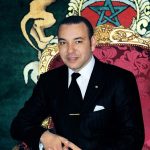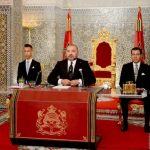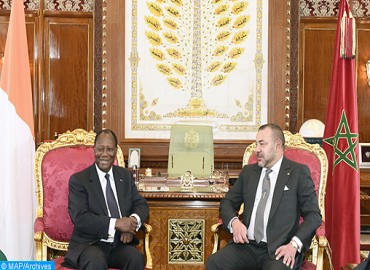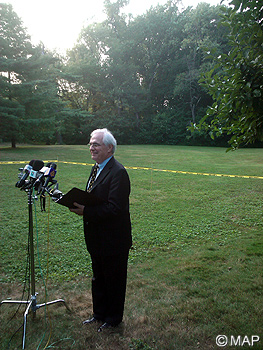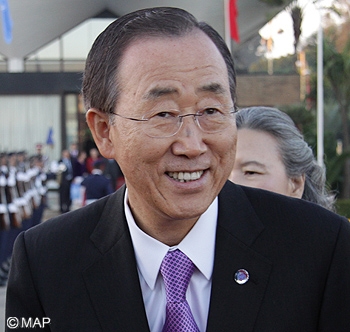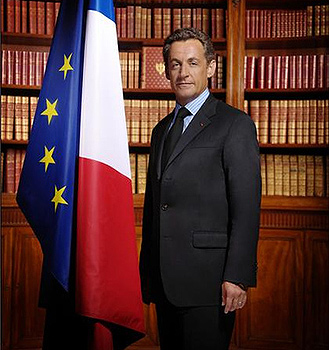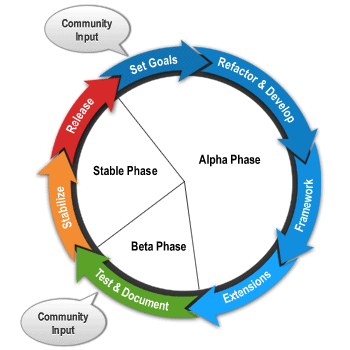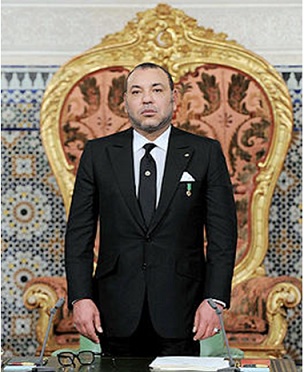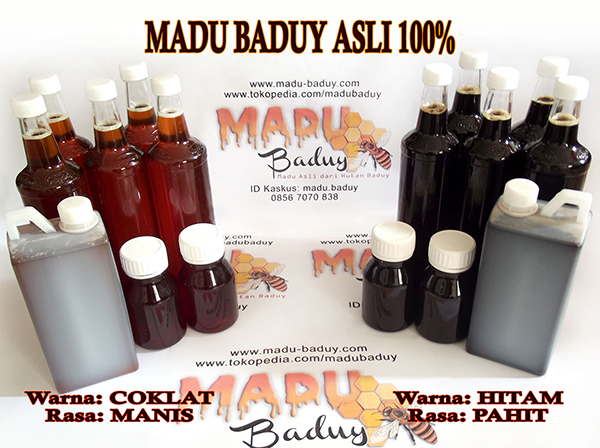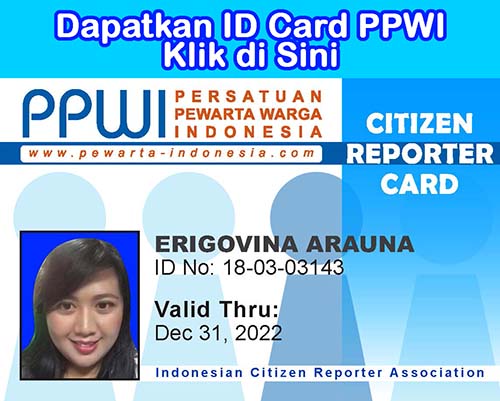Morocco, Souss-Massa Region: King of Morocco Provides Strong Impetus to INDH Programs, Giving Priority to Youth
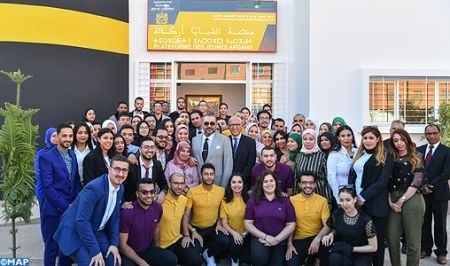
PERSISMA, Inezgane-Aït Melloul, Morocco – HM King Mohammed VI King of Morocco inaugurated, on Wednesday 12 February 2020 in the commune of Ait Melloul (prefecture of Inezgane-Aït Melloul), the youth platform “Argana” for listening and guidance, thus providing a strong impetus to the programs of the National Initiative for Human Development (INDH), which is in its third phase.
This project, carried out within the framework of program III of the INDH “Improving the income and economic inclusion of young people”, testifies to the Sovereign’s particular interest in the development of young people and his willingness to provide them with a variety of tools capable of stimulating a spirit of initiative and entrepreneurship and guaranteeing them better socio-economic integration.
It will enable young people in the Souss-Massa region to make the most of the “Integrated program of support and financing of enterprises”, which was drawn up in accordance with the Royal High Guidelines and includes a number of measures designed to contain and overcome the difficulties hindering access to finance for young project holders and very small and small businesses.
Youth’s platform “Argana” for listening and guidance, worth nearly 7 million dirhams, houses reception, entrepreneurship, employment and listening spaces, an auditorium, workshops, a media library, a sports hall and a mini-football field.
This platform, which is a meeting point for the various players involved in the integration of young people and a response to the expectations of youth looking for job opportunities, aims to facilitate the access of target people to information on the labor market and to encourage them to set up their own businesses.
This space will be supervised by teams specialized in orienting, listening and accompanying the beneficiaries in the process of designing their professional projects.
In addition to the “Argana” youth platform for listening and guidance, the Souss-Massa region has also witnessed the creation, at the level of the Agadir – Ida Outanane prefecture, of the “Dar Momkin” cultural space in the Lagouira neighborhood, and that of the “Les etoiles du Souss” in the El Farah neighborhood, within the framework of the National Initiative for Human Development.
“Dar Momkin”, which required a budget of nearly 6.7 billion dirhams, is a new space to support young people aged 18 to 28 years, wishing to improve and learn new skills.
Through reading, writing, theatre, music and video activities, the space intends to promote critical thinking, creativity, collaboration, communication, openness to others and citizenship values among the beneficiaries.
As for “Les etoiles du Souss”, it is the third center of its kind initiated by the Ali Zaoua Foundation, after that of Casablanca (Les etoiles de Sidi Moumen) and Tangier (Les etoiles du Detroit).
A place of learning, discovery, sharing and also of expression, “Les etoiles du Souss”, which currently has 240 enrollees (53 pc are girls) aged between 6 and 28 years old, offers courses in theatre, plastic arts, dance, music and foreign languages, provided by 13 teachers.
On this occasion, HM the King handed twenty-eight minibuses, including 26 for school transport and two for the transport of sportsmen, to the presidents of communes and beneficiary associations under the prefecture of Agadir Ida-Outanane. These minibuses, acquired within the framework of the INDH, will help to improve school conditions, combat school dropout among pupils in target rural areas and promote sports activities.
All these projects are part of the INDH third phase (2019-2023), which mobilizes a budget of 18 billion dirhams and aims mainly at preserving the dignity of citizens and improving their living conditions as well as the development of human capital, in accordance with the momentum generated by the Initiative since 2005, the year it was launched.
This third phase revolves around four main programs, namely the reduction of deficits in infrastructure and basic services, support for people in precarious situations, improvement of the income and economic inclusion of young people and the development of the human capital of rising generations.

